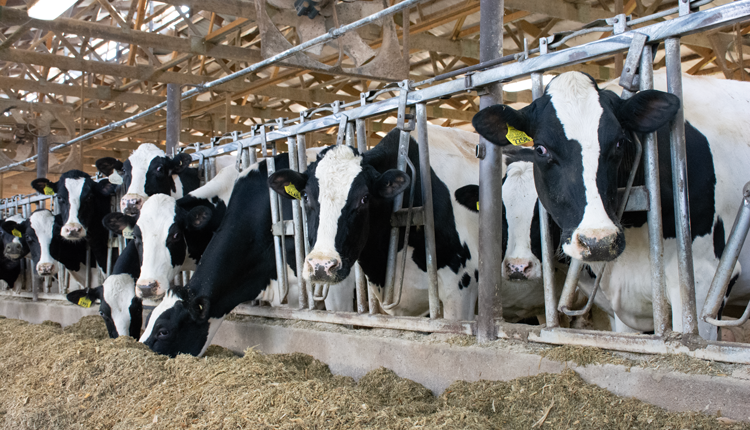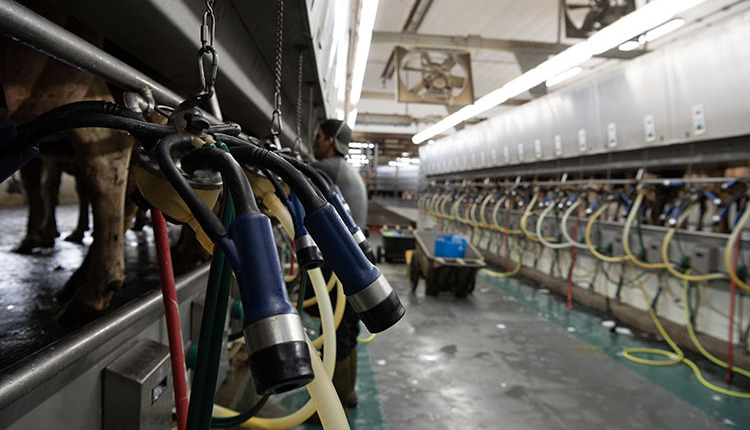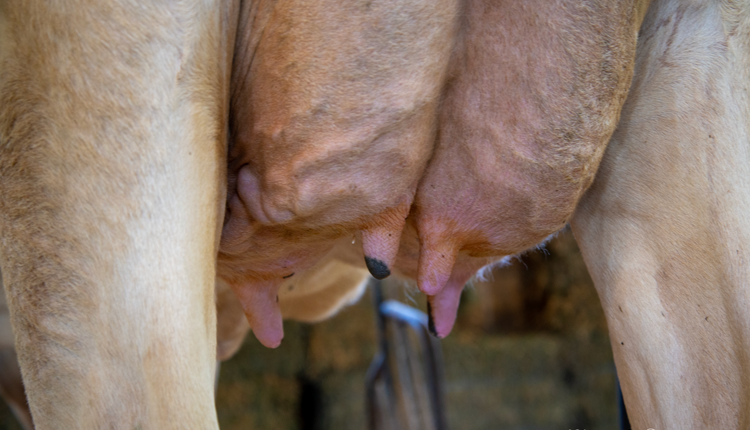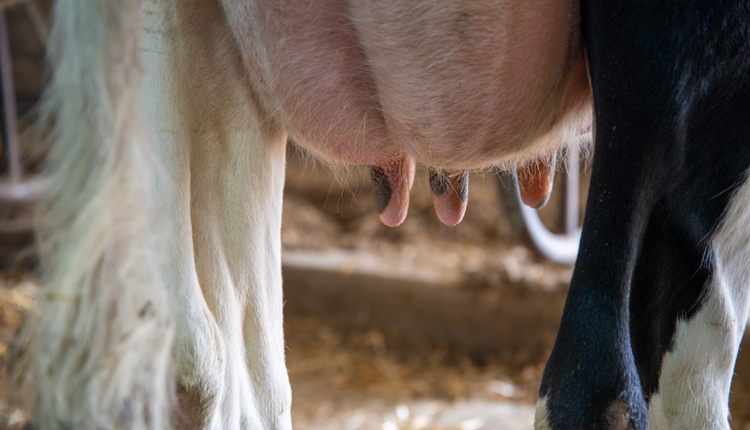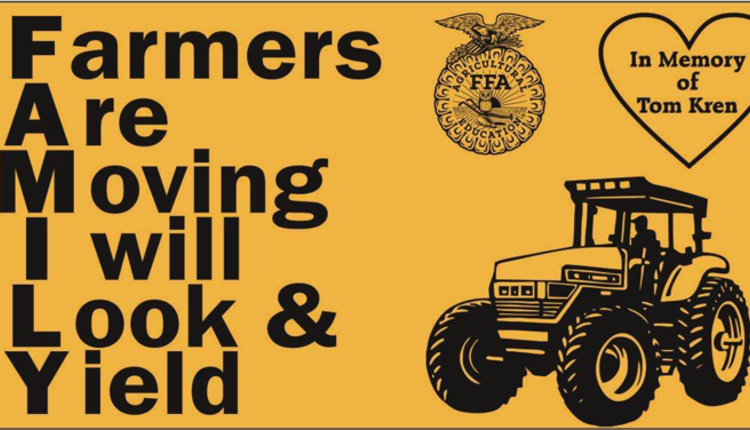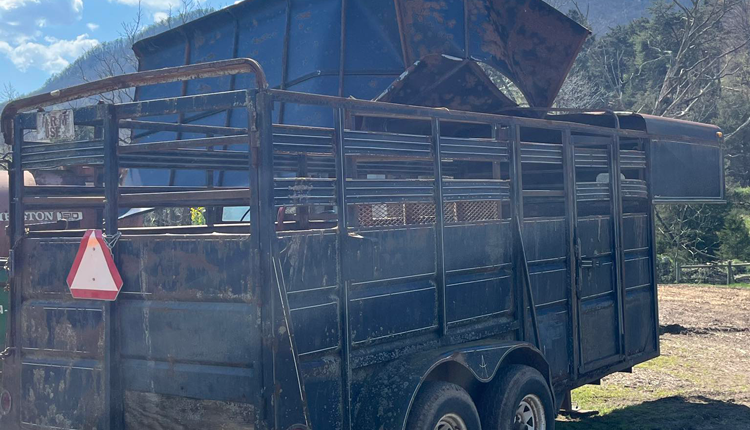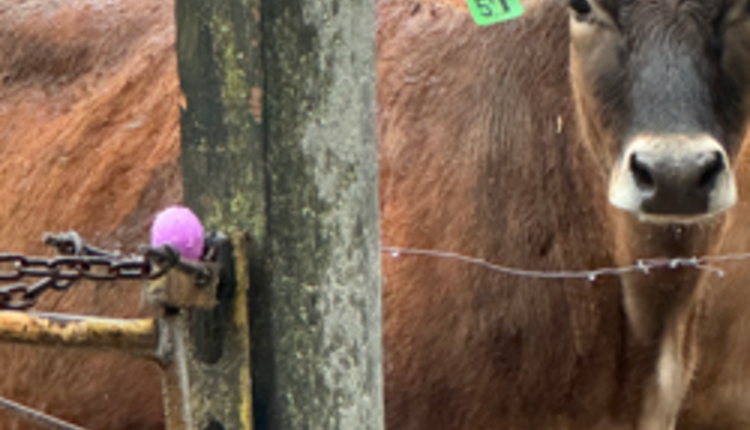To treat or not to treat is a question whose answer once seemed obvious: treat every clinical mastitis case found, and treat every cow at dry-off. But things have changed.
Public perception is intensifying that antibiotics are evil and less is better, regardless of rigid safety protocols that are in place and animal health and comfort considerations. High cull cow values have also become a significant new component in the decision process.
 At the 2014 annual meeting of the National Mastitis Council in Fort Worth, Texas, animal health economist and veterinary medicine professor Henk Hogeveen from the Netherlands (pictured here) gave U.S. dairy producers several reasons to give new consideration to their mastitis treatment practices.
At the 2014 annual meeting of the National Mastitis Council in Fort Worth, Texas, animal health economist and veterinary medicine professor Henk Hogeveen from the Netherlands (pictured here) gave U.S. dairy producers several reasons to give new consideration to their mastitis treatment practices.
Animal welfare is already a wild card in this process, due to growing sentiment by consumers that they should have a say about farming practices. It's an attitude of entitlement that potentially has big implications in the future because studies have already associated mastitis with pain in cows.
Another emerging issue producers must be mindful of is antimicrobial resistance in humans, along with a growing suspicion that medications given to food animals contribute to it.
Hogeveen said the findings of recent studies in Europe comparing blanket versus selective dry cow therapy have not been unanimous, but the general body of evidence is mounting that the blanket approach recommended for decades has less cost advantages than once believed.
"Farmers should, together with their veterinarians, think about a farm-specific treatment plan that can be routinely used for each mastitis case," he advised. "In the definition of such a plan, the use of on-farm or off-farm culturing should be considered, as well as the type of treatment and duration of treatment. The plan should balance the welfare of animals, the economics of treatment and disease, and the use of antibiotics."
 The author has served large Western dairy readers for the past 37 years and manages Hoard's WEST, a publication written specifically for Western herds. He is a graduate of Cal Poly-San Luis Obispo, majored in journalism and is known as a Western dairying specialist.
The author has served large Western dairy readers for the past 37 years and manages Hoard's WEST, a publication written specifically for Western herds. He is a graduate of Cal Poly-San Luis Obispo, majored in journalism and is known as a Western dairying specialist.
Public perception is intensifying that antibiotics are evil and less is better, regardless of rigid safety protocols that are in place and animal health and comfort considerations. High cull cow values have also become a significant new component in the decision process.
 At the 2014 annual meeting of the National Mastitis Council in Fort Worth, Texas, animal health economist and veterinary medicine professor Henk Hogeveen from the Netherlands (pictured here) gave U.S. dairy producers several reasons to give new consideration to their mastitis treatment practices.
At the 2014 annual meeting of the National Mastitis Council in Fort Worth, Texas, animal health economist and veterinary medicine professor Henk Hogeveen from the Netherlands (pictured here) gave U.S. dairy producers several reasons to give new consideration to their mastitis treatment practices.Animal welfare is already a wild card in this process, due to growing sentiment by consumers that they should have a say about farming practices. It's an attitude of entitlement that potentially has big implications in the future because studies have already associated mastitis with pain in cows.
Another emerging issue producers must be mindful of is antimicrobial resistance in humans, along with a growing suspicion that medications given to food animals contribute to it.
Hogeveen said the findings of recent studies in Europe comparing blanket versus selective dry cow therapy have not been unanimous, but the general body of evidence is mounting that the blanket approach recommended for decades has less cost advantages than once believed.
"Farmers should, together with their veterinarians, think about a farm-specific treatment plan that can be routinely used for each mastitis case," he advised. "In the definition of such a plan, the use of on-farm or off-farm culturing should be considered, as well as the type of treatment and duration of treatment. The plan should balance the welfare of animals, the economics of treatment and disease, and the use of antibiotics."
 The author has served large Western dairy readers for the past 37 years and manages Hoard's WEST, a publication written specifically for Western herds. He is a graduate of Cal Poly-San Luis Obispo, majored in journalism and is known as a Western dairying specialist.
The author has served large Western dairy readers for the past 37 years and manages Hoard's WEST, a publication written specifically for Western herds. He is a graduate of Cal Poly-San Luis Obispo, majored in journalism and is known as a Western dairying specialist.
